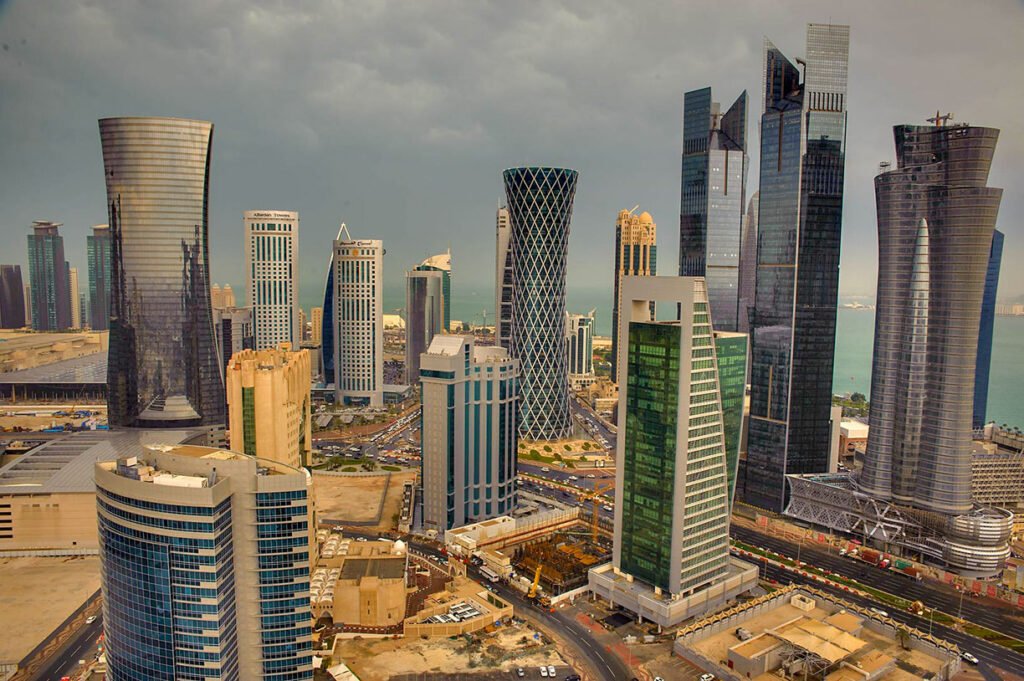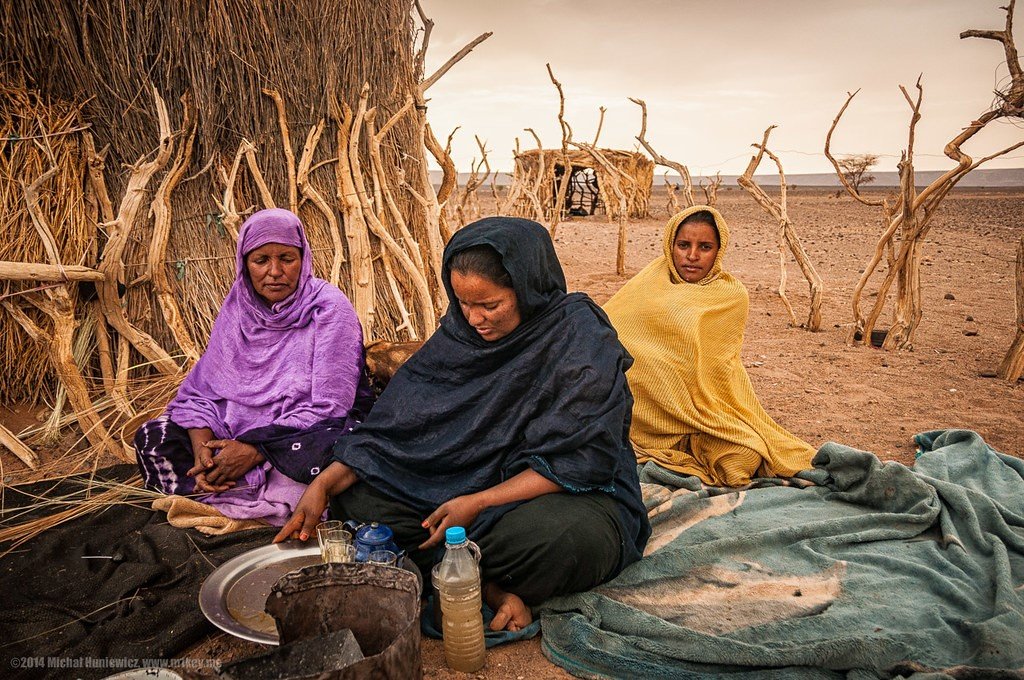Longest Working Hours by Country: Top 10 Rankings

Work-life balance is an essential aspect of a healthy lifestyle. However, not all countries prioritize this balance equally. In some nations, long working hours have become the norm, leaving employees with little time for personal activities and relaxation.
In this post, we will explore the top 10 countries with the longest working hours and shed light on the impact of such extended workweeks on individuals and society.
1. United Arab Emirates

The United Arab Emirates (UAE) tops the list with an average working week of 52.6 hours per employed person. The UAE is known for its strong work ethic and the importance placed on productivity.
However, this dedication often comes at the cost of work-life balance.
2. Gambia

Gambia follows closely behind with an average working week of 50.8 hours per employed person. The country’s workforce is primarily engaged in agriculture, which requires long hours of physical labor.
Despite efforts to improve work-life balance, Gambia still has a significant number of employees working extended hours.
3. Bhutan

Bhutan, with an average working week of 50.7 hours per employed person, takes the third spot on the list. The country’s commitment to economic development has led to longer working hours for its citizens.
However, Bhutan also places importance on Gross National Happiness, which includes the well-being of its people.
4. Lesotho

Lesotho has an average working week of 49.8 hours per employed person, making it the fourth country on our list.
The textile industry is a major contributor to Lesotho’s economy, and employees in this sector often work long hours to meet production demands.
5. Congo

The Democratic Republic of Congo (DRC) has an average working week of 48.6 hours per employed person. The DRC is rich in natural resources, and many workers are engaged in mining activities, which require physically demanding and time-consuming work.
6. Qatar

Qatar, known for its booming economy, has an average working week of 48 hours per employed person.
The country’s rapid development has led to increased work hours in various sectors, including construction and hospitality.
7. India

India, the world’s second-most populous country, has an average working week of 47.7 hours per employed person. The Indian workforce is known for its dedication and hard work.
However, long working hours have raised concerns about work-life balance and employee well-being.
8. Mauritania

Mauritania follows closely behind with an average working week of 47.5 hours per employed person.
The country’s economy relies heavily on agriculture, fishing, and mining, which often require extended working hours.
9. Liberia

Liberia has an average working week of 47.2 hours per employed person. The country’s workforce is primarily engaged in agriculture and mining, which demand long hours of physical labor.
10. Bangladesh

With an average working week of 46.9 hours per employed person, Bangladesh rounds out the top 10 list.
The country’s garment industry, which is a major contributor to its economy, often requires employees to work extended hours to meet production targets.
Impact on Individuals and Society
Extended working hours can have significant effects on individuals and society as a whole. Long hours of work can lead to physical and mental health issues, including stress, fatigue, and burnout. ‘
Additionally, the lack of work-life balance can strain personal relationships and limit individuals’ ability to engage in leisure activities and pursue personal interests.
Conclusion
While productivity and economic growth are important, it is crucial to prioritize work-life balance to ensure the well-being of individuals and society.
Governments, employers, and employees must work together to find solutions that promote shorter working hours and a healthier work-life balance.
Article updated 4 months ago ago. Content is written and modified by multiple authors.









